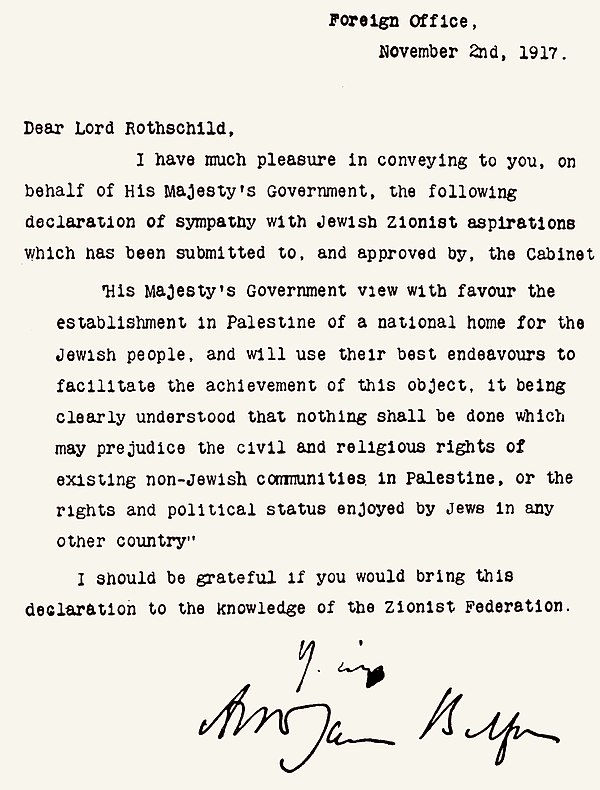Unraveling the Israel-Palestinian Conflict: A Critical Historical Analysis
- sokryzahron
- Nov 30, 2023
- 2 min read
The Israel-Palestinian conflict stands as one of the most enduring and complex geopolitical issues of the modern era. Rooted in a history marked by competing nationalisms, religious claims, and geopolitical interests, this article critically examines the origins and development of the conflict, aiming to provide a nuanced understanding of its multifaceted nature.
Origins of the Conflict
The roots of the Israel-Palestinian conflict can be traced back to the late 19th and early 20th centuries when nationalist movements gained momentum across the globe. The Zionist movement, led by Theodor Herzl, sought to establish a homeland for Jews in Palestine. The Balfour Declaration of 1917, expressing British support for a "national home for the Jewish people," laid the foundation for the conflict. This declaration, however, neglected the rights and aspirations of the Palestinian Arab population.
Israeli historian professor Ilan Pappé, the author of "The Ethnic Cleansing of Palestine," argued that the establishment of the State of Israel in 1948 led to a deliberate and systematic expulsion of Palestinians from their homes, creating a refugee crisis that continues to shape the demographics of the region.
The 1967 Six-Day War and its Aftermath
The Six-Day War in 1967 marked a turning point, as Israel's swift victory resulted in the occupation of the West Bank, Gaza Strip, and East Jerusalem. While Israel frames its actions as self-defense, critics like Norman Finkelstein, who authored the book titled "Image and Reality of the Israel-Palestine Conflict" state that the occupation and subsequent settlements constitute a violation of international law and Palestinian human rights.
Oslo Accords and the Illusion of Peace
The Oslo Accords of the 1990s were hailed as a potential breakthrough, but critical voices, such as Edward Said, the author of "The End of the Peace Process," proclaim the accords failed to address core issues. Instead, they entrenched power imbalances, with Israel maintaining control over key aspects of Palestinian life.
The Role of International Actors
The involvement of international actors has further complicated the conflict. The United States' unwavering support for Israel, as examined by John Mearsheimer and Stephen Walt in the book "The Israel Lobby and U.S. Foreign Policy," has influenced the balance of power in the region, hindering impartial mediation efforts.
The Israel-Palestinian conflict, with its intricate historical tapestry, defies simplistic narratives. A critical examination reveals a series of historical injustices, power imbalances, and geopolitical maneuvers that have perpetuated the conflict. Achieving a just and lasting resolution requires acknowledging the rights and grievances of the Palestinians, challenging prevailing narratives, and fostering a commitment to international law.
**, Please read these few books to understand the conclict:
Pappé, I. (2006). The Ethnic Cleansing of Palestine
Finkelstein, N. (1995). Image and Reality of the Israel-Palestine Conflict
Said, E. (2000). The End of the Peace Process: Oslo and After
Mearsheimer, J. J., & Walt, S. M. (2006). The Israel Lobby and U.S. Foreign Policy







Comments